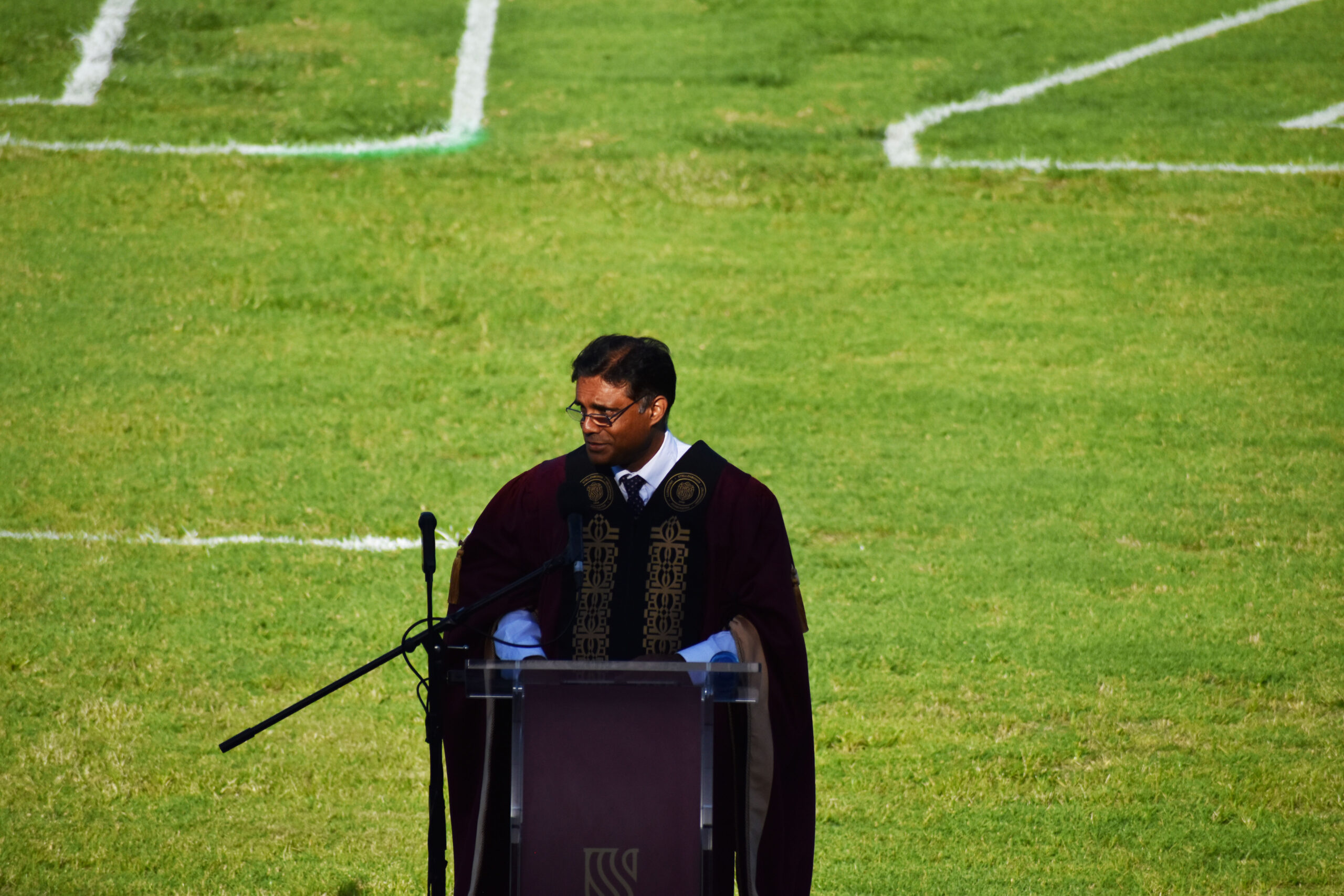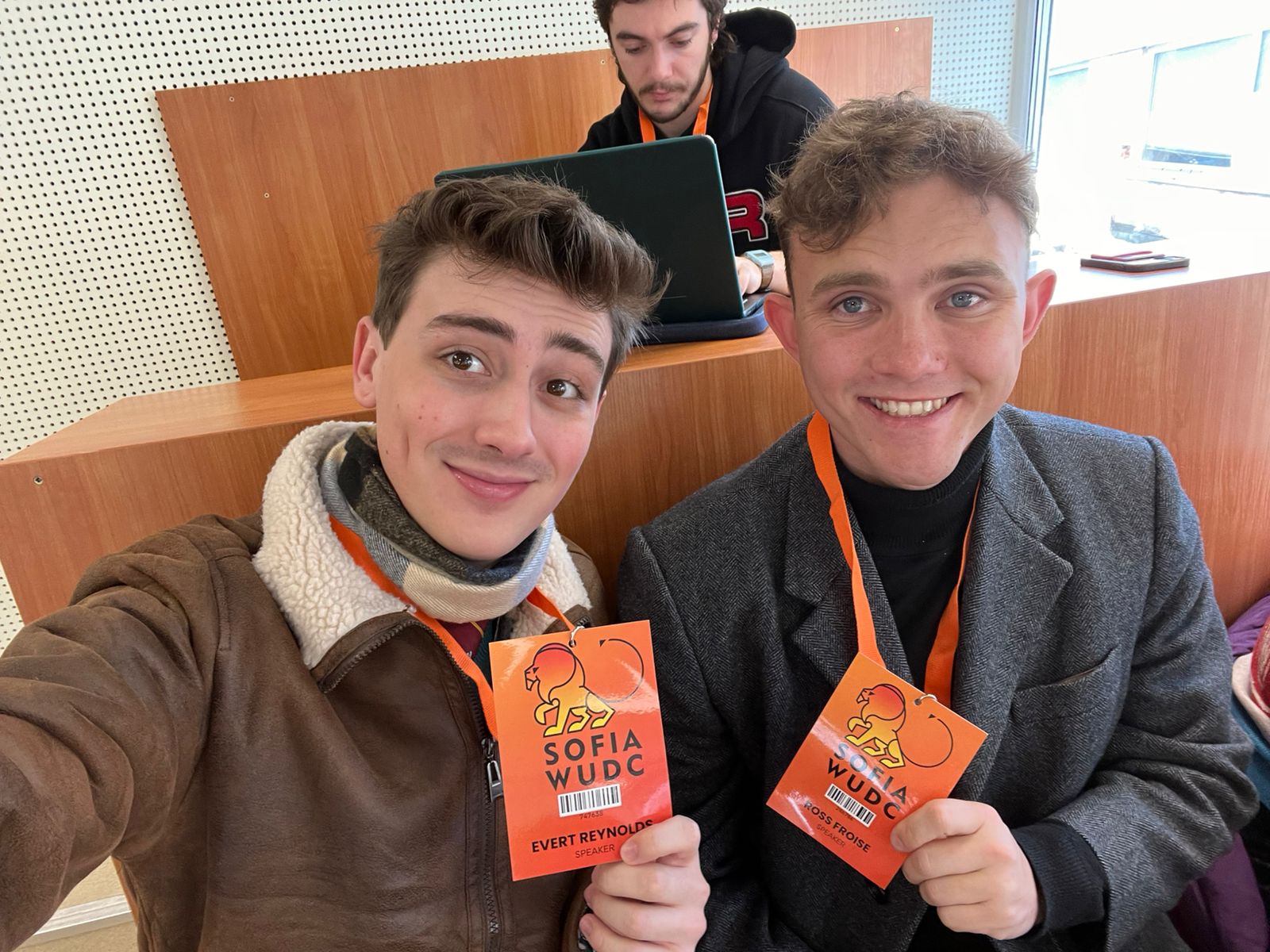NICHOLAS CARROLL
Equality Court proceedings launched on behalf of Hendri Herbst by the Stellenbosch University Law Clinic have ended in a settlement being reached with Durbanville Hills winery.
The winery has admitted to discriminating against the Paralympian in 2014 when its restaurant denied him access as he was accompanied by his guide dog.
Herbst, a Stellenbosch University (SU) student and visually impaired Paralympic swimmer,was prevented from entering the restaurant and tasting facility of Durbanville Hills along with his family due to the presence of Stan, his guide dog. This was as a result of the facility’s policy prohibiting dogs.
In response to this, Herbst firstly laid a complaint with the South African Human Rights Commission which, after investigating, stated it was “of the opinion that the [winery had] taken reasonable steps to address, resolve and remedy [his] complaint, and therefore accordingly [deemed his] complaint resolved”.Unsatisfied with this response, Herbst approached the Law Clinic which instituted proceedings in the Equality Court on the basis that he had been unfairly discriminated against. According to Monja Posthumus- Meyjes, the attorney at the Law Clinic who conducted the case, Durbanville Hills firstly maintained that no such discrimination had taken place, and thus “the settlement [came] as quite a surprise”.
The settlement agreement was made an order of the Equality Court on 26 September 2018,this agreement stipulating that Durbanville Hills will issue an unconditional public apology to Herbst and ensure that all its staff engage in sensitivity training from the Guide Dog Association. Posthumus-Meyjes drew attention to this, saying the Law Clinic and Herbst“are very happy that [the winery] included that they… unconditionally apologise and accept that there was discrimination against him”.
Further, the winery will compensate Herbst for the incident to the tune of R50 000, and donate another R50 000 to the Guide Dog Association for the purpose of raising awareness regarding the u s e of guide dogs by visually impaired persons.
Posthumus-Meyjes stated that although the winery “settled on all the terms that [Herbst] asked for… it would have been phenomenal if [the case] had been able to set precedent”. Non-the-less, she expressed that “companies are hopefully going to… take note that there is a financial liability for discriminating against people”.
Looking beyond the Law Clinic’s recent success with Herbst’s case, Posthumus-Meyjes said that legislation for persons with disabilities “hasn’t quite evolved in the same sense that legislation for gender discrimination and race discrimination has evolved”.
South Africa has signed and ratified the United Nations Convention on the Rights of Persons
with Disabilities, and Posthumus-Meyjes feels that it is very disappointing that “We still don’t have a piece of legislation that reflects day to day life of persons with disability to ensure protection for them” Considering this ongoing fight for the recognition of the rights of person with disabilities,
Posthumus-Meyjes emphatically stated that “if people with disabilities find that their rights are being discriminated against,
they are very welcome to contact [the Law Clinic] and come and have a consultation with us.
We are very proud of the work that we are doing on behalf of persons with disabilities, and this is one of the focus points at the Clinic – to drive disability rights and to make sure that the rights of persons with disabilities develop and are safe guarded.”
PHOTO: NEWS24



